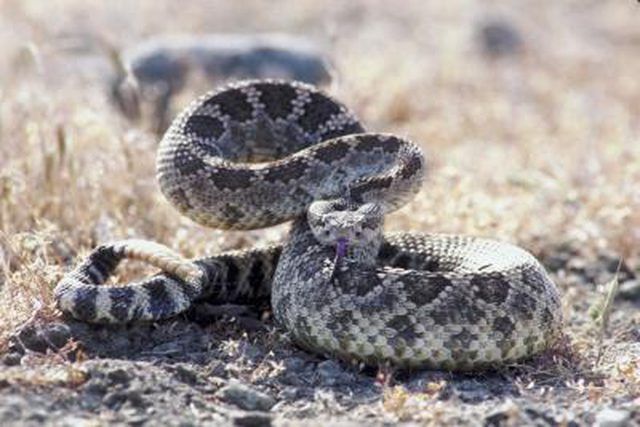Bulbs
Flower Basics
Flower Beds & Specialty Gardens
Flower Garden
Garden Furniture
Garden Gnomes
Garden Seeds
Garden Sheds
Garden Statues
Garden Tools & Supplies
Gardening Basics
Green & Organic
Groundcovers & Vines
Growing Annuals
Growing Basil
Growing Beans
Growing Berries
Growing Blueberries
Growing Cactus
Growing Corn
Growing Cotton
Growing Edibles
Growing Flowers
Growing Garlic
Growing Grapes
Growing Grass
Growing Herbs
Growing Jasmine
Growing Mint
Growing Mushrooms
Orchids
Growing Peanuts
Growing Perennials
Growing Plants
Growing Rosemary
Growing Roses
Growing Strawberries
Growing Sunflowers
Growing Thyme
Growing Tomatoes
Growing Tulips
Growing Vegetables
Herb Basics
Herb Garden
Indoor Growing
Landscaping Basics
Landscaping Patios
Landscaping Plants
Landscaping Shrubs
Landscaping Trees
Landscaping Walks & Pathways
Lawn Basics
Lawn Maintenance
Lawn Mowers
Lawn Ornaments
Lawn Planting
Lawn Tools
Outdoor Growing
Overall Landscape Planning
Pests, Weeds & Problems
Plant Basics
Rock Garden
Rose Garden
Shrubs
Soil
Specialty Gardens
Trees
Vegetable Garden
Yard Maintenance
How to Keep Poisonous Snakes Away From Your House
How to Keep Poisonous Snakes Away From Your House. Poisonous snakes might have an important ecological niche, notably in controlling populations of small rodents, but you probably don’t want them right next to your house. While venomous snakes rarely attack unless provoked, there is always the risk of a family member or a pet accidentally...

Poisonous snakes might have an important ecological niche, notably in controlling populations of small rodents, but you probably donít want them right next to your house. While venomous snakes rarely attack unless provoked, there is always the risk of a family member or a pet accidentally disturbing or stepping on one and getting a painful, and potentially dangerous, bite. Snakes like areas that have a suitable habitat and an abundant food supply. To discourage them, remove one or both of these snake selling points.
Things You'll Need
Work gloves
Pruning equipment
Spill-proof bird feeders
Building materials
Hardware cloth
Put on work gloves and a long-sleeved top before working on potential snake hiding places. Stamp heavily as you approach each area, to warn away snakes. Venomous snakes prefer to make their escape, rather than bite, if they have the choice.
Cut back vegetation from around your house. This provides shelter both for snakes and for their prey.
Clear away any piles of wood, rocks, bricks or general trash, which look like cozy snake homes to a snake. If you need to store firewood, do so at a distance from your house. Also, move compost heaps as far away from your house as possible.
Stop feeding pets outside. Dog kibble or cat food attracts rodents, which in turn attract snakes.
Move bird feeders away from your house or replace them with spill-proof feeders. Spilled birdseed and nuts also attract rodents.
Fill in any gaps around windows, hatches and doors with the appropriate building materials for your property. Cement or plaster is often fine. This stops snakes actually getting inside.
Install a snake-proof fence around your backyard, especially if there are numerous venomous snakes in the area and you have small children or pets. The University of Colorado recommends a simple fence of ?-inch mesh galvanized hardware cloth. Sink the fence at least 6 inches into the ground, to prevent snakes crawling underneath. Angle it outward at about 30 degrees to make it difficult for snakes to climb over.
Tips & Warnings
If you get bitten by a poisonous snake, seek immediate medical attention, even if the bite doesn't seem that severe.